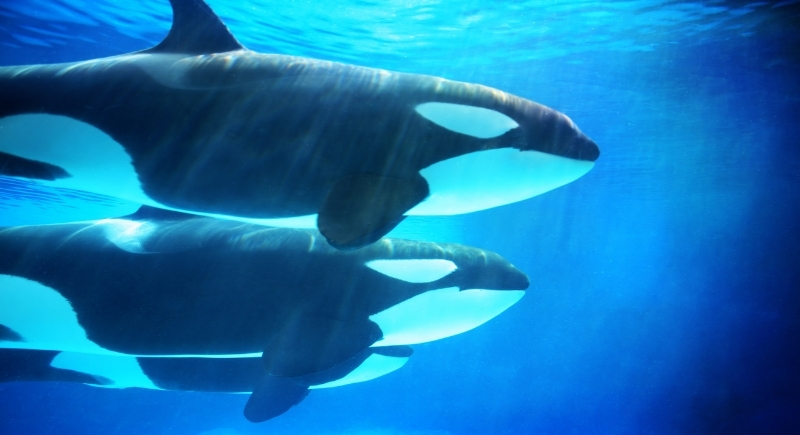Meet the Ocean’s Biggest Bully, Once Called ‘Sadistic Jerks’ By the Atlantic
Most people would assume sharks hold the title for the ocean’s biggest menace. They’ve earned a reputation for being cold, dangerous, and not exactly picky about what they bite. But the real bullies of the sea aren’t sharks, but orcas.
Although killer whales are known for their intelligence and coordination, they have displayed behavior that researchers describe as strategic, aggressive, and, in some cases, disturbingly cruel. These animals might actually be far more complicated than you may want to believe.
Boat Attacks Near Europe Sparked Viral Attention
Recently, orca actions drew international headlines after several incidents off the coasts of Portugal and Spain. Boats reported sudden hits to their rudders, often with enough force to disable steering. At least a few vessels even sank.
A female orca named White Gladis appears to have triggered the activity. Experts suggest she experienced a negative interaction with a boat and began reacting to similar vessels. As a result, other orcas began copying her behavior, which researchers interpret as cultural learning within the pods.
Marine biologists believe the orcas were not trying to harm humans. Instead, they may have viewed the rudders as play objects or stress triggers. Still, the frequency and scale of these interactions raised questions about how orcas interpret threats and form habits.
Online Reactions Framed Orcas as Rebels
As videos of rudder attacks circulated online, many celebrated the orcas as rebels of the sea. The Atlantic pushed against that narrative with an article that labeled orcas “sadistic jerks.” The piece described how killer whales sometimes torment prey without eating them, warning readers not to project human morality onto their behavior.
The article sparked criticism. Some readers argued it treated yacht damage as more important than ecological context, while others found the language dismissive of serious scientific observations.
Whales Have Been Bullies for Decades

Image via Getty Images/CostinT
There’s nothing recent about orcas harassing smaller marine animals. In the Salish Sea, scientists have documented this behavior as far back as the 1960s. Between 1962 and 2020, they recorded 78 incidents of resident killer whales targeting porpoises by chasing them, pushing them, carrying them, or tossing them around. In 28 cases, the porpoise passed, but none were eaten.
These orcas feed almost exclusively on salmon, so this isn’t hunting, which is why scientists have considered several explanations. Some think the activity helps build coordination or reinforce social bonds. While there are professionals who believe it reflects a form of mismothering, where female orcas without calves redirect nurturing tendencies toward other species. That theory gained traction after sightings of whales carrying dead porpoises in the same way they carry their own stillborn young.